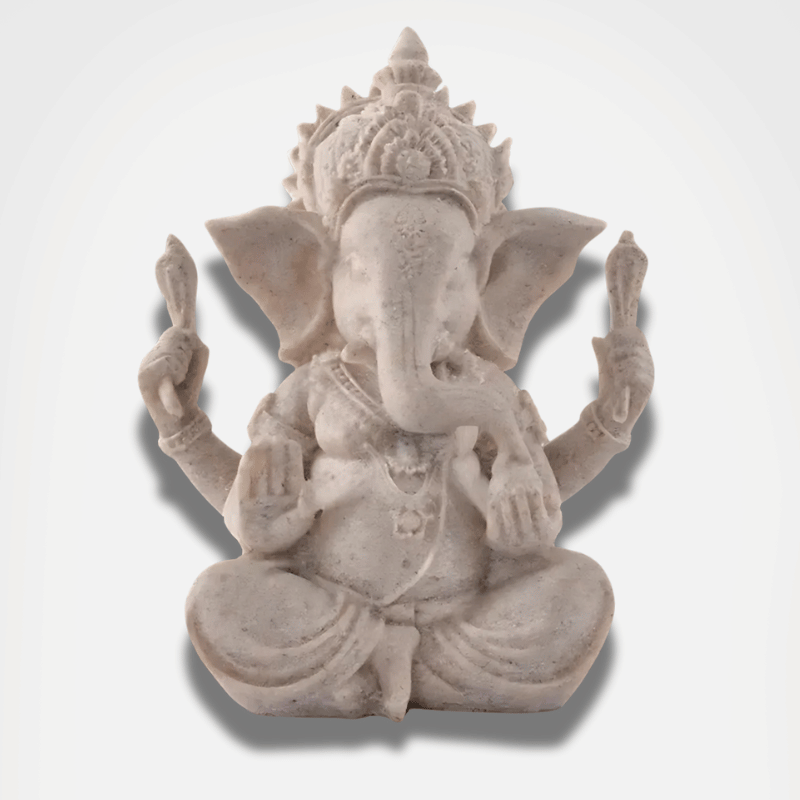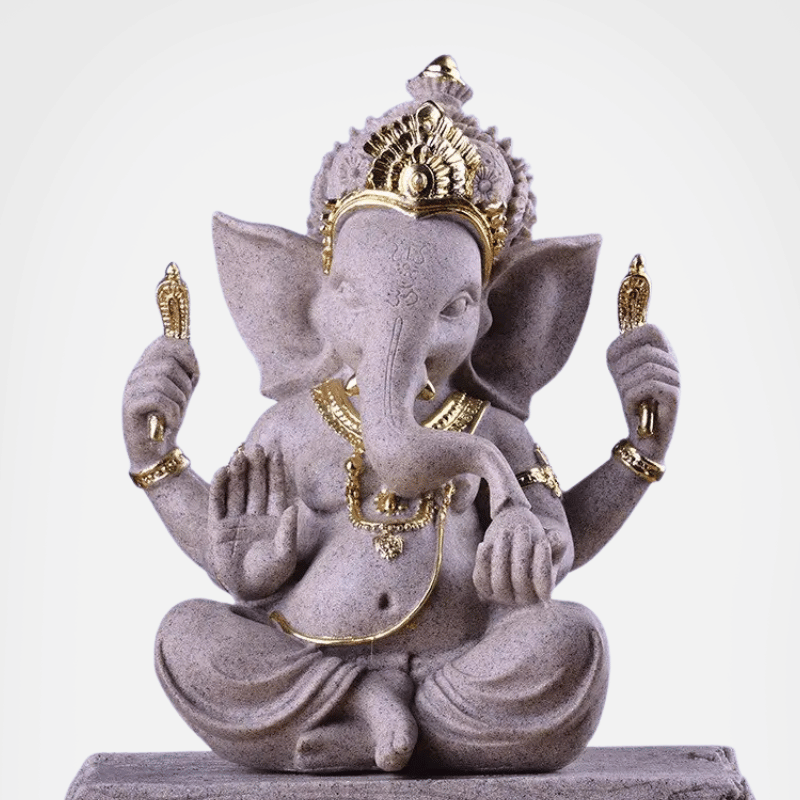Why are Buddhists vegetarians?
Origins of Buddhist vegetarianism
Vegetarianism has occupied a central place in Buddhist practice since its origins. According to the teachings of the Buddha, the life of all beings is sacred, and respect for all forms of life is essential. Ahimsa, the concept of non-violence, is also fundamental to Buddhism. This means avoiding harm to all living things, including animals. Vegetarianism is therefore considered a way of practicing Ahimsa and cultivating compassion towards all beings.
In addition, Buddhism emphasizes the interconnectedness of all living beings. The cycle of life is considered to be a system in which all beings are related to each other. Therefore, taking the life of a living being is seen as disrupting the natural and karmic balance. Buddhists see vegetarianism as a way of preserving this balance and embracing the idea of non-deprivation. By practicing vegetarianism, they hope to create a more peaceful and balanced world.
The principles of Buddhist vegetarianism
In Buddhism, Buddhists are encouraged to abstain from meat for several reasons. First of all, eating meat involves taking the life of a living being, which is contrary to the principles of non-violence and compassion taught by the Buddha. Buddhists therefore seek to reduce their karmic footprint by avoiding causing unnecessary suffering to animals.
Second, Buddhism also emphasizes the importance of purifying the mind and body. Vegetarianism is considered a cleansing practice that aims to eliminate excessive desires and attachments to food. By eating ethically and choosing foods that have not taken the life of a living being, Buddhists seek to cultivate an attitude of detachment and renunciation.
Finally, vegetarianism is also seen as a way to preserve the environment and promote sustainability. The meat industry is a leading cause of deforestation, water and land pollution, and greenhouse gas production. By adopting a vegetarian diet, Buddhists seek to reduce their impact on the planet and contribute to a more sustainable future.
Benefits of Buddhist vegetarianism
In addition to spiritual and ethical reasons, there are many benefits to following a vegetarian diet as a Buddhist. First of all, vegetarianism promotes better physical health. Studies show that vegetarian diets rich in fruits, vegetables, whole grains and legumes can reduce the risk of cardiovascular disease, diabetes, obesity and other health problems.
In addition, vegetarianism can also contribute to a clearer and peaceful mind. Eating meat is often associated with violence and cruelty towards animals. By choosing not to consume meat, Buddhists can create inner harmony and a clear conscience by living in alignment with their core values of compassion and non-violence.
Impact on the world
The choice to be vegetarian also has a positive impact on the world around us. By adopting a vegetarian diet, Buddhists contribute to the reduction of animal suffering and the preservation of the global ecosystem. The demand for animal products has a direct impact on the meat industry, pushing for more humane animal breeding and slaughter practices. In addition, vegetarianism contributes to the fight against climate change and the protection of the environment by reducing greenhouse gas emissions.
Beyond individual benefits, Buddhist vegetarianism also encourages compassion towards all living beings. Buddhists seek to cultivate an attitude of kindness and respect toward all forms of life, which translates into environmentally friendly dietary practices. By adopting a vegetarian diet, they show their commitment to the Buddhist values of compassion and non-violence.
Challenges of Buddhist vegetarianism
Although vegetarianism is a central practice in Buddhism, it can sometimes be difficult to follow to the letter. In some countries, it may be difficult to find vegetarian options in restaurants or to meet the specific nutritional needs of vegetarianism. Additionally, some Buddhists may encounter social or family resistance when they choose not to eat meat.
However, it is important to note that Buddhism encourages flexibility and adaptability to individual circumstances. If a strictly vegetarian diet is not possible, Buddhists are advised to exercise discretion and do their best to reduce meat consumption, consistent with their beliefs and environment. /p>
To facilitate the practice of Buddhist vegetarianism, many Buddhist temples and communities offer vegetarian meals during ceremonies and retreats. These initiatives encourage practitioners to follow the principles of vegetarianism and to engage in an ethical and life-respecting diet. Ultimately, the choice to be vegetarian as a Buddhist is a personal decision based on principles of compassion, non-violence and respect for life. This practice allows Buddhists to cultivate ethical awareness and contribute to a more peaceful and balanced world, both for themselves and for other living beings who share this planet with us. Vegetarianism occupies a central place in Buddhist practice, rooted in the fundamental principles of compassion, non-violence and interconnectedness. By choosing to follow a vegetarian diet, Buddhists seek to preserve life, cultivate compassion, and promote environmental sustainability. Although vegetarianism can present challenges, it also offers many benefits for our health, mind and the world around us. Ultimately, choosing to be vegetarian as a Buddhist is a step toward creating a more harmonious world for all living beings.Integration possibilities
Final Thoughts












































